Question And Answer
Publications
Articles, publications, books, tools and multimedia features from the U.S. Institute of Peace provide the latest news, analysis, research findings, practitioner guides and reports, all related to the conflict zones and issues that are at the center of the Institute’s work to prevent and reduce violent conflict.
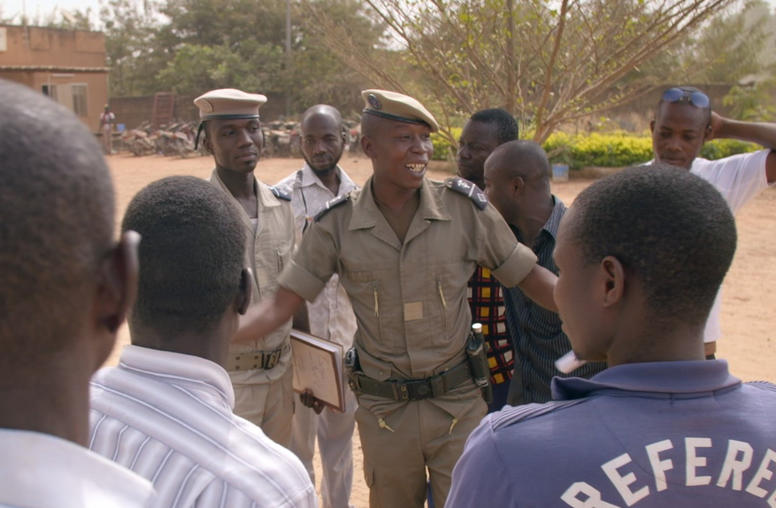
Amid Rising Sahel Violence, Burkina Faso Builds a Response
A perfect storm of violence is breaking upon Africa’s Sahel. Since late 2018, communal conflicts—many over access to food, water or productive land—have produced thousands of deadly attacks. Across the region, nearly 4,800 people died in conflicts from November to March, according to the violence-monitoring group ACLED. The greatest surge in bloodshed is in Burkina Faso, where communal militias or religious extremists killed 500 people over five months. But amid the dire headlines, governments and civic groups in Burkina Faso and other Sahel countries cite progress in stabilizing communities with a basic step that simply has seldom been undertaken: broad, local dialogues among community groups, police forces and officials. Community leaders and government officials say they are now expanding those dialogues to improve national security policies to help counter the tide of violence.
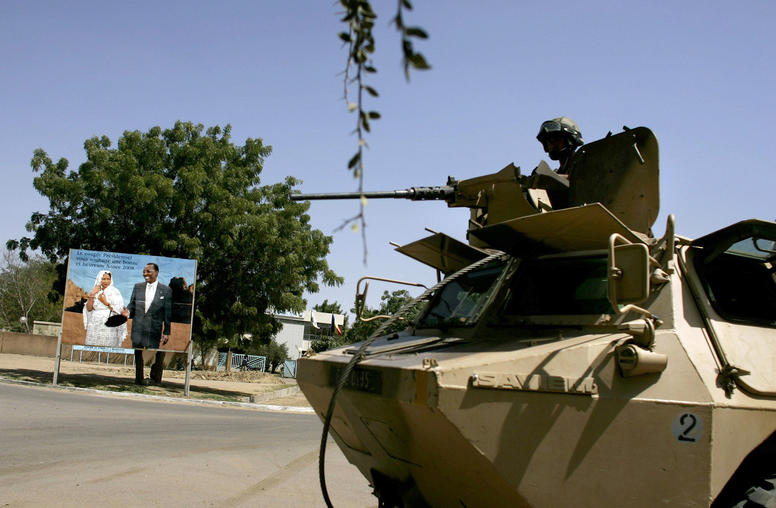
Chad, and Darfur, After Bashir
The politics of the Central African nation of Chad are closely connected with those of Sudan, most prominently because of Darfur, the vast and troubled Sudanese region which borders Chad to the east. The recent fall of Sudan’s president Omar al-Bashir—in power since 1989—raises questions about the future of Chad’s president and U.S. ally, Idriss Déby, beset by similar governance challenges and in power since 1990. Jérôme Tubiana, co-author of a 2017 USIP report on Chad, and USIP’s Aly Verjee discuss the implications of political change in Sudan for Chad.
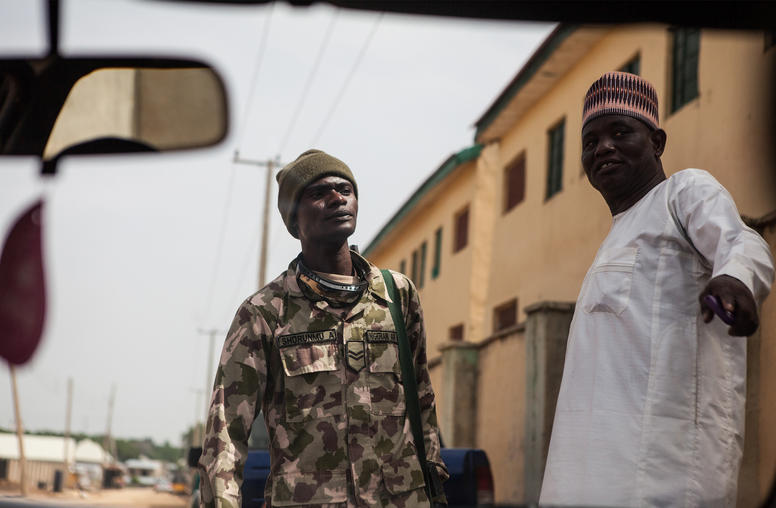
Civilian-Led Governance and Security in Nigeria After Boko Haram
Focusing on northeast Nigeria and the Lake Chad Basin, this Special Report outlines the rise of the Boko Haram insurgency in Nigeria and the security and governance challenges in the wake of its possible decline.
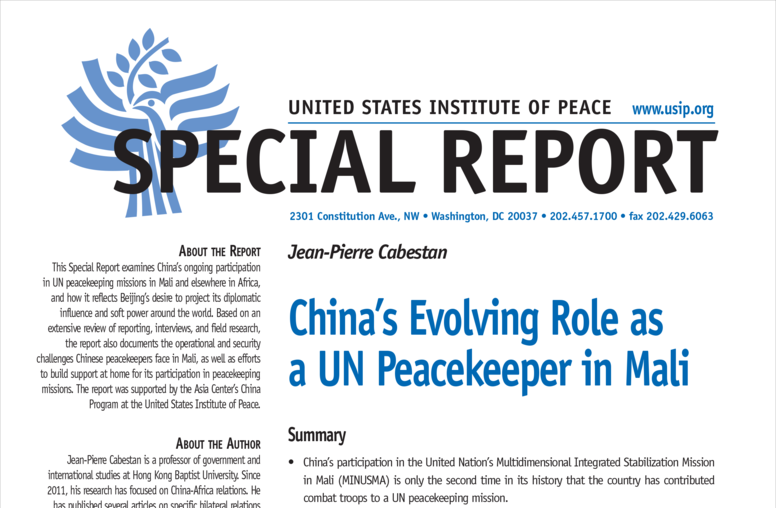
China’s Evolving Role as a U.N. Peacekeeper in Mali
Chinese troops have been stationed in Mali for the last half-decade as part of the UN-mandated stabilization force. Deployed after rebel groups overran large portions northeastern Mali in 2013, it was just the second time Beijing had ever contributed combat troops to a UN peacekeeping mission. This Special Report examines how China is using its peacekeeping activities in Mali as an opportunity to train troops and test equipment in a hostile environment—and as a way of extending its diplomatic reach and soft power in Africa and beyond.
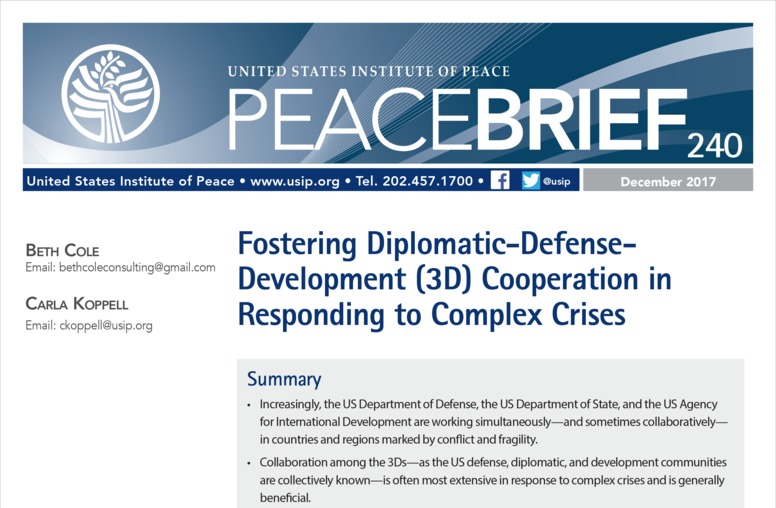
Fostering Diplomatic-Defense-Development (3D) Cooperation in Responding to Complex Crises
The US diplomatic, defense, and development communities (known as the “3Ds”) increasingly find themselves working together to tackle complex crises. This collaboration has already proved its worth, but how can it be made even more effective? A recent USIP research project sought to...
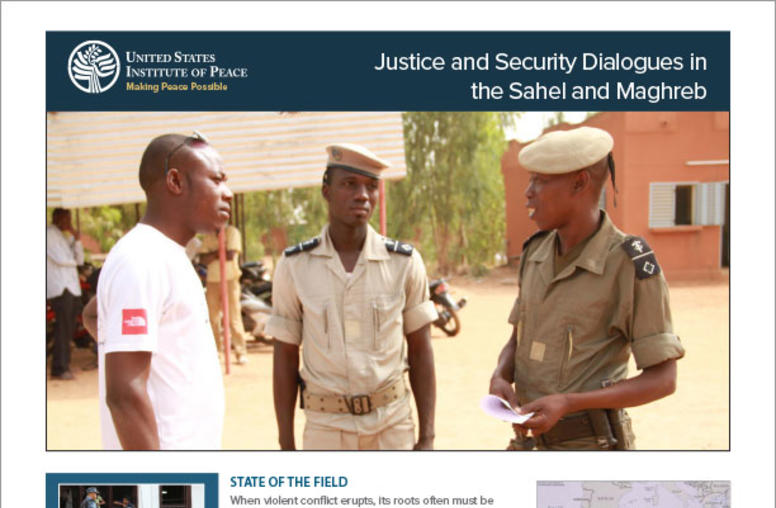
Justice and Security Dialogues in the Sahel and Maghreb
When violent conflict erupts, its roots often must be found and healed at the community level. Amid such turmoil, however, government officials, police, and community leaders are likely to mistrust each other—a breakdown in relations that opens space for security threats, including violent extremism and organized crime.
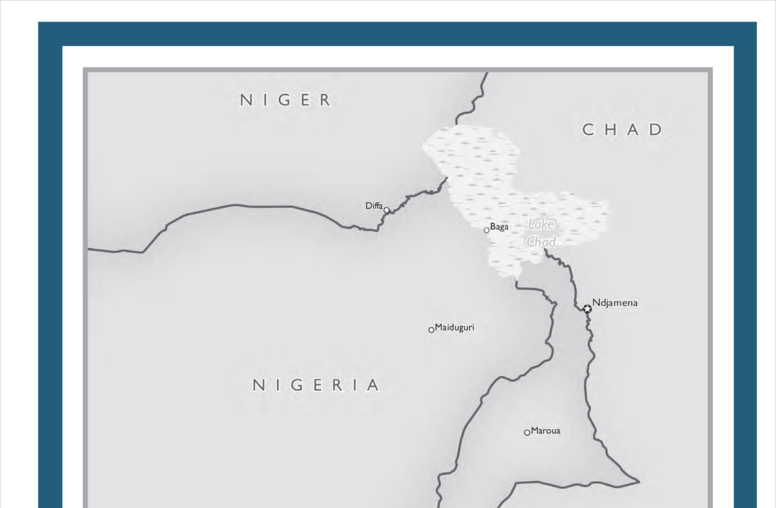
Breaking Boko Haram and Ramping Up Recovery: US-Lake Chad Region 2013-2016
This series of case studies—Burma (2009-2015), Jordan (2011-2016), and the Lake Chad Region (2013-2016)—document efforts and draw lessons from where US government leaders believe deepening crises were staved off through collaborative inter-agency engagement. Part of USIP’s “3D Learning from Complex Crises” project, the cases provide programmatic and operational lessons from complex operating environments. These lessons support systemic integrated approaches to complex crises and will better equip individuals to share objectives when working in inter-agency environments.
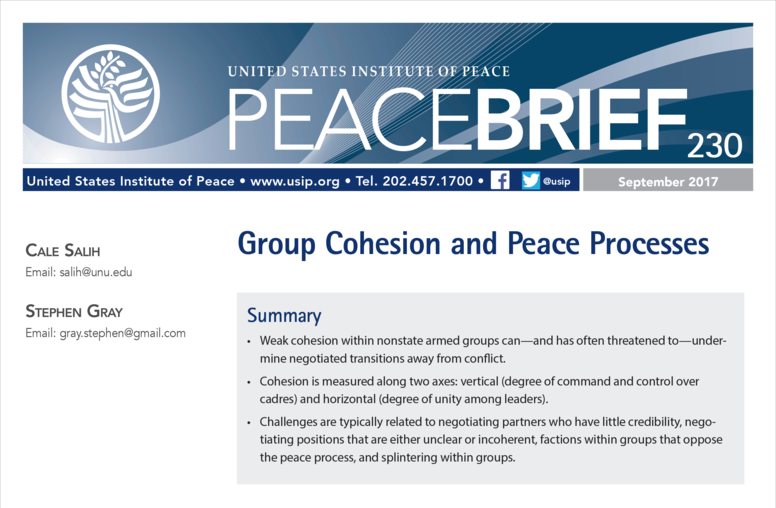
Group Cohesion and Peace Processes
Drawing on a wide range of cases, including Burma, Colombia, Senegal, and Uganda, this Peace Brief discusses the internal cohesion of nonstate armed groups, explains how weak cohesion can undermine a peace process, and offers various strategies that those supporting peace processes can deploy to mitigate such risks.
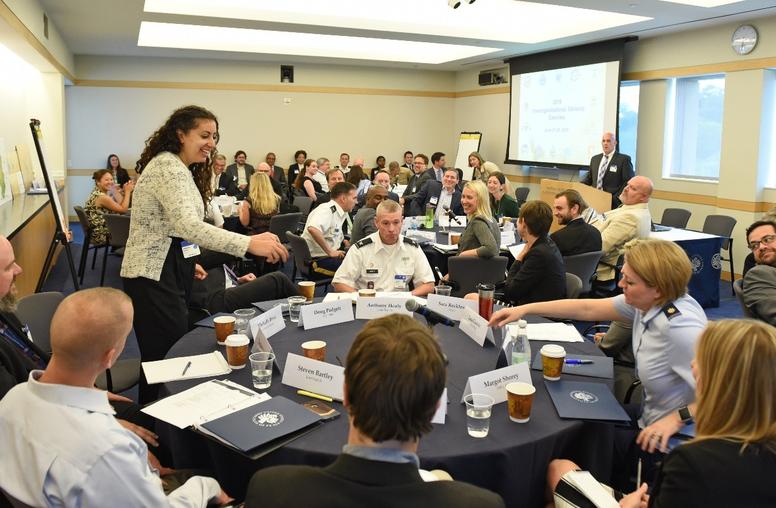
Lake Chad Exercise Demonstrates New Civilian-Military Approach
A group of senior U.S. military and civilian leaders recently agreed to find ways to work together more effectively to counter violent extremism in the volatile Lake Chad Basin of Africa, a region reeling from the casualties and destruction wrought for years by terrorist groups such as Boko Haram. The agreement emerged from a new exercise model...
Corruption’s Conflict Risk Calls for Tight Coordination
From the Panama Papers to an op-ed by Secretary of State John Kerry to a hearing in the U.S. Senate, signs are growing that the U.S. is beginning to understand the threat that widespread corruption po